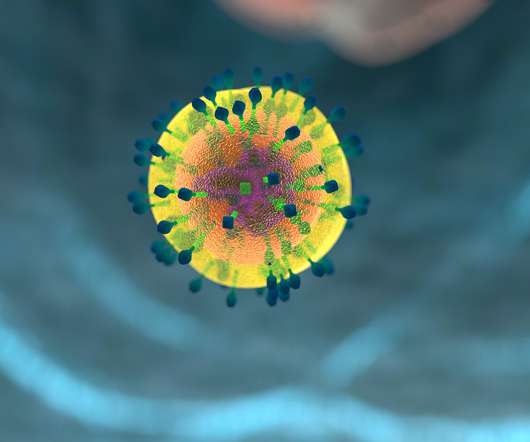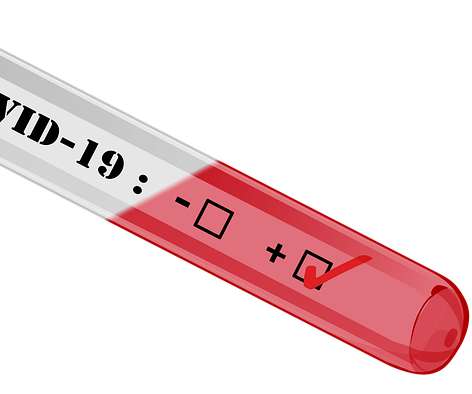How T Cell Tests Could Trump Antibody Tests in the Detection of COVID-19
XTalks
NOVEMBER 20, 2020
The cell-based tests are designed to identify specific T cells that are activated in response to a pathogen — which in this case would be SARS-CoV-2. Traditional antibody tests for uncovering past infections involve detection of antigen-specific antibodies produced during an immune response against a pathogen.












Let's personalize your content